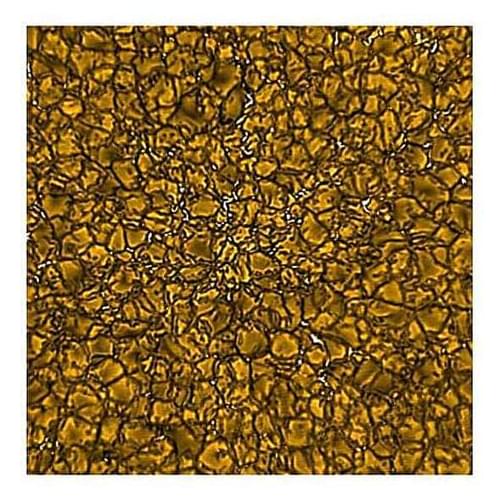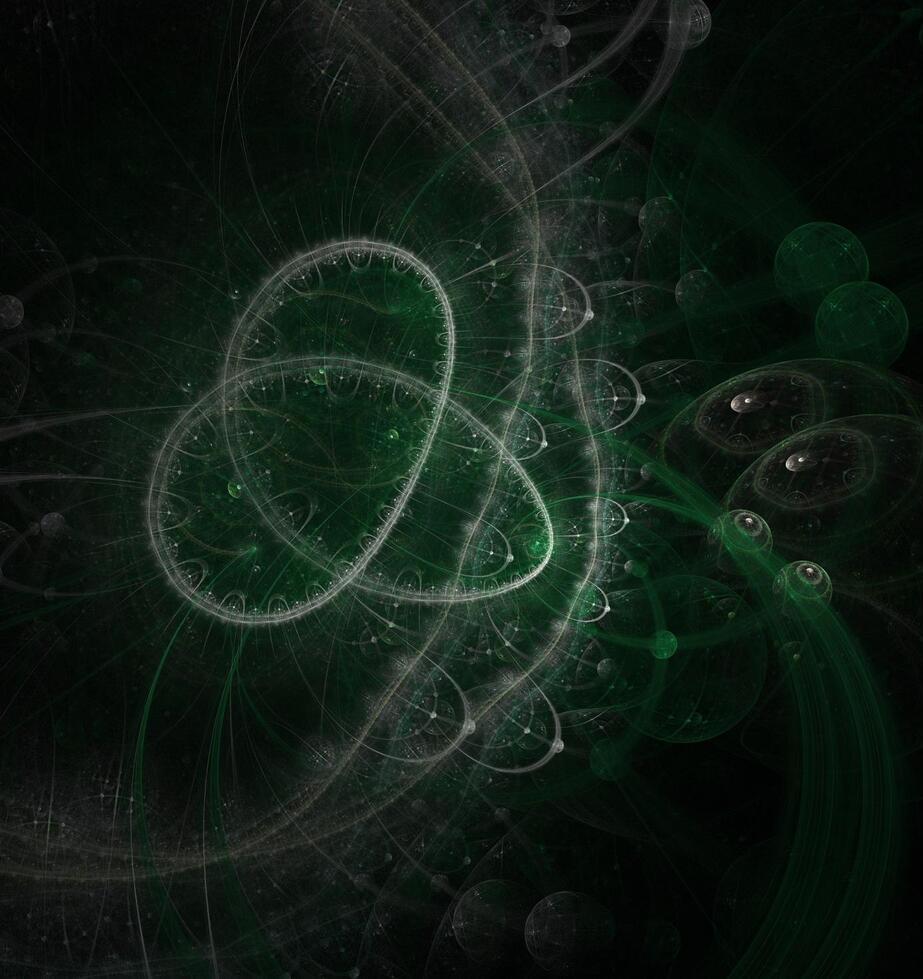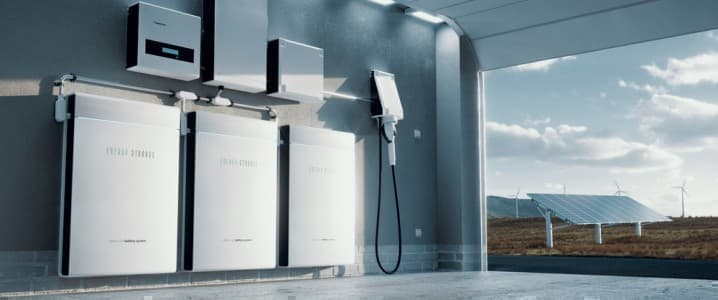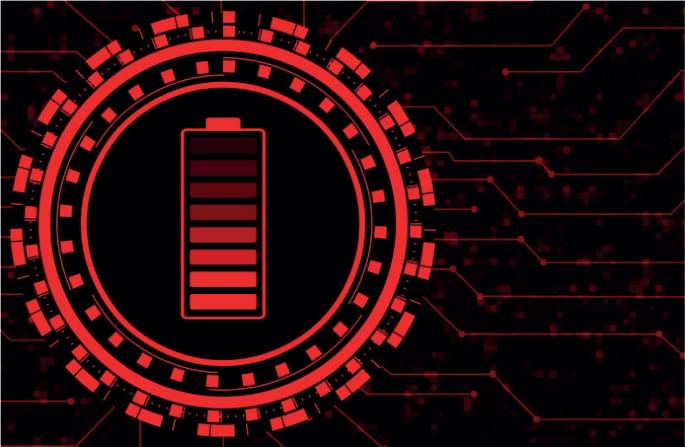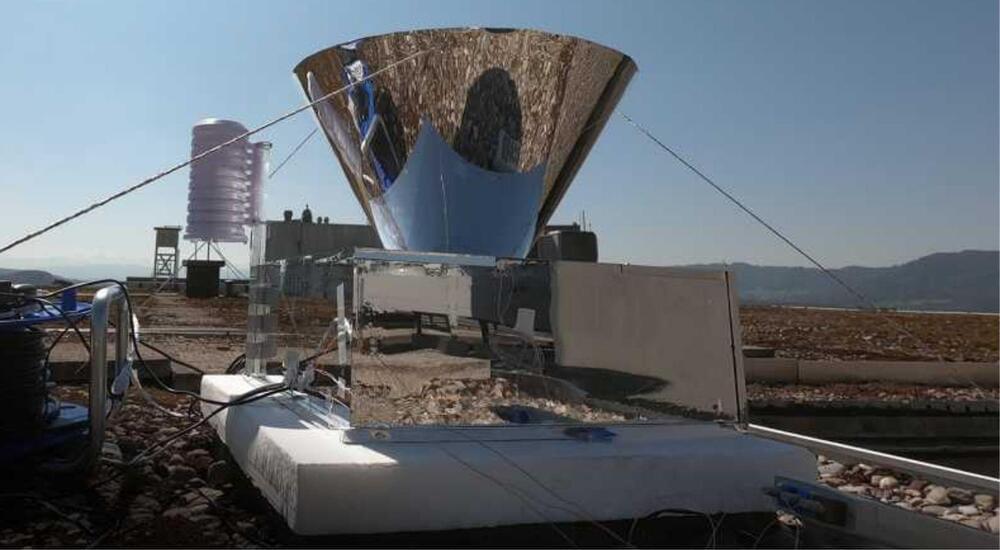Astronomers are one step closer to understanding one of the most enduring solar mysteries, having captured unprecedented data from the sun’s magnetic field.
The groundbreaking data collected from the US National Science Foundation’s (NSF) Daniel K Inouye Solar Telescope (DKIST) in Hawaii—the most powerful solar telescope in the world—has provided the most detailed representations to date of the magnetic field of the so-called ‘quiet’ surface of the sun.
An international team of scientists, including researchers from the University of Sheffield, believe the data has implications for how we model energy transfer between the layers of the sun. The research has been published in Astrophysical Journal Letters.
